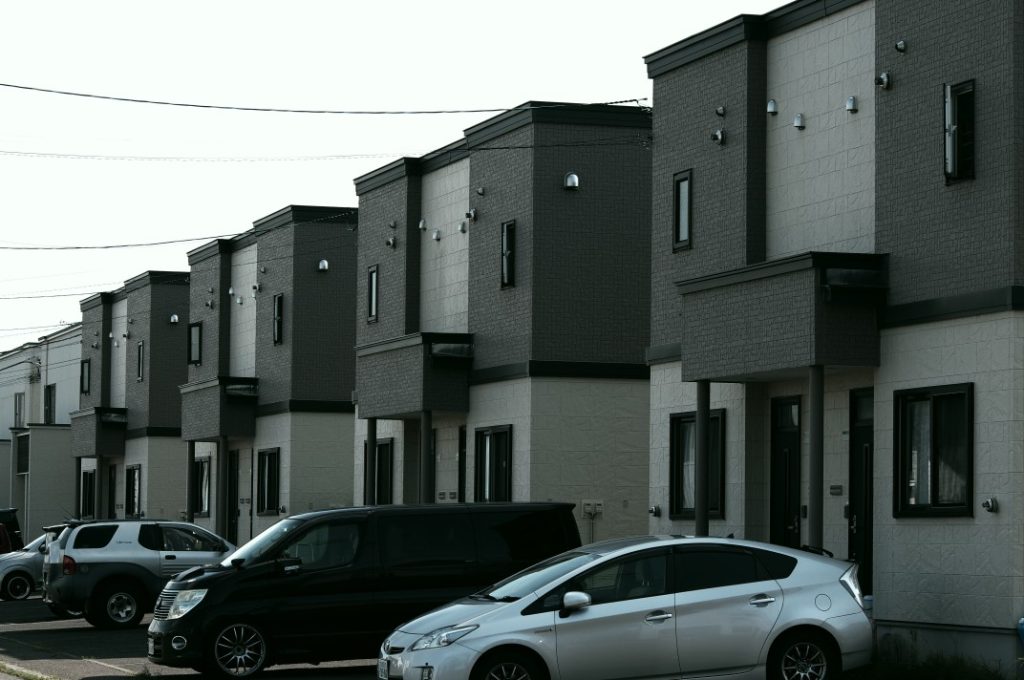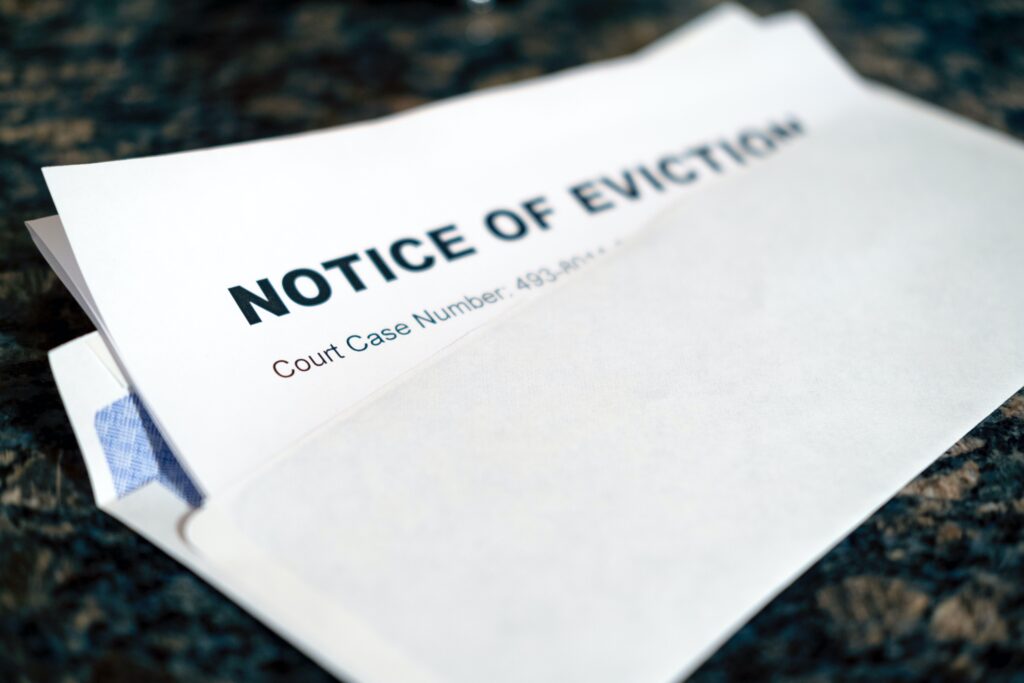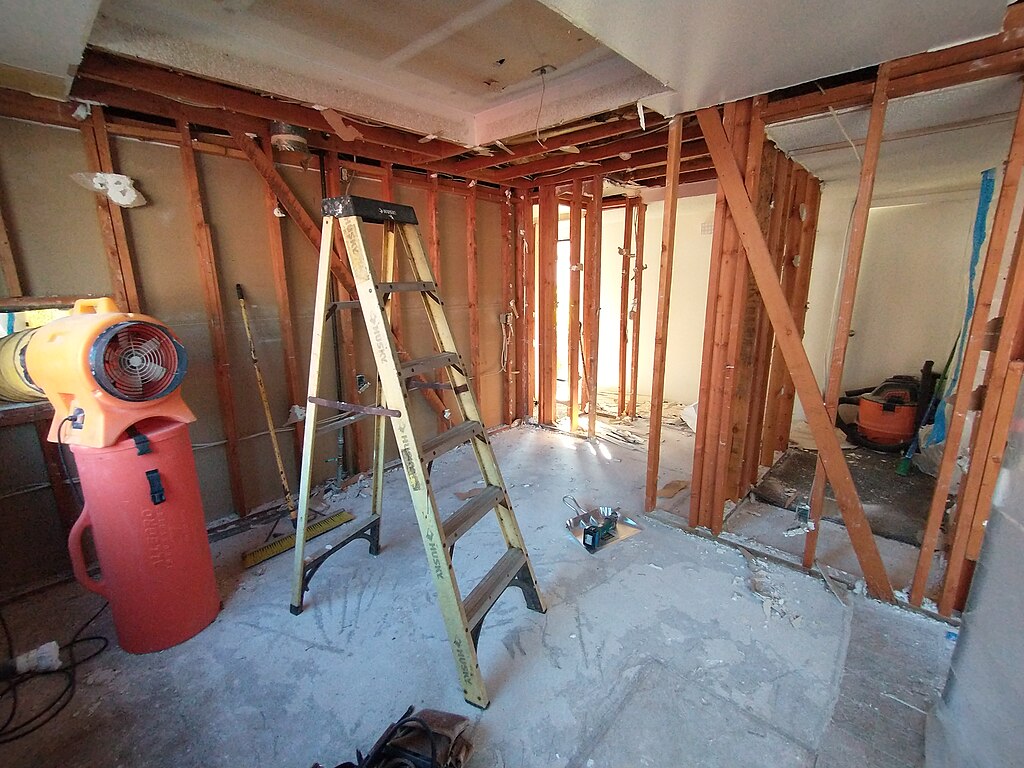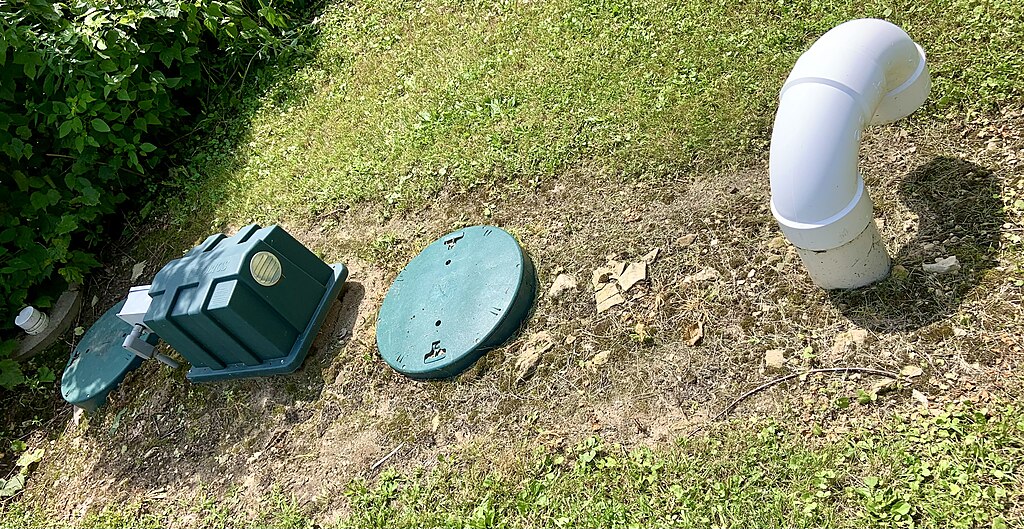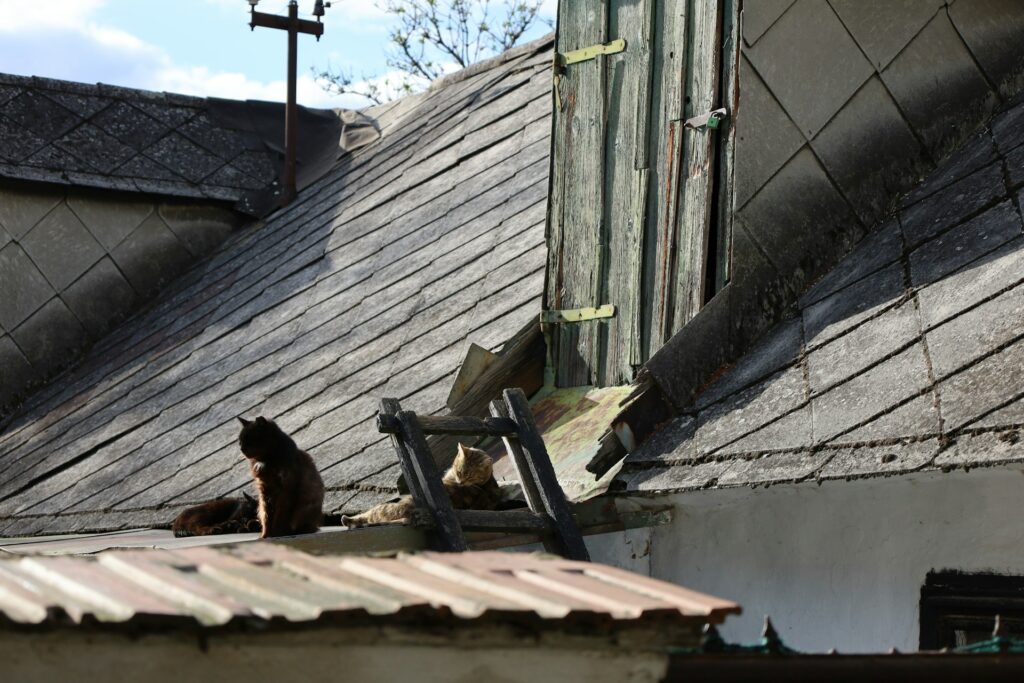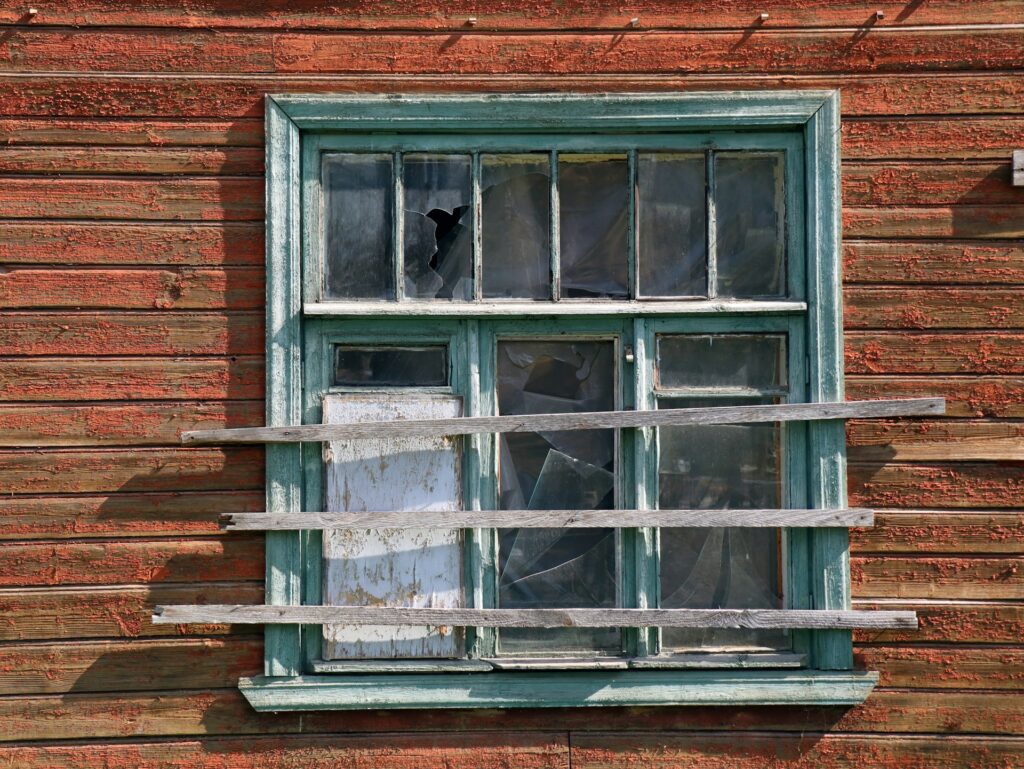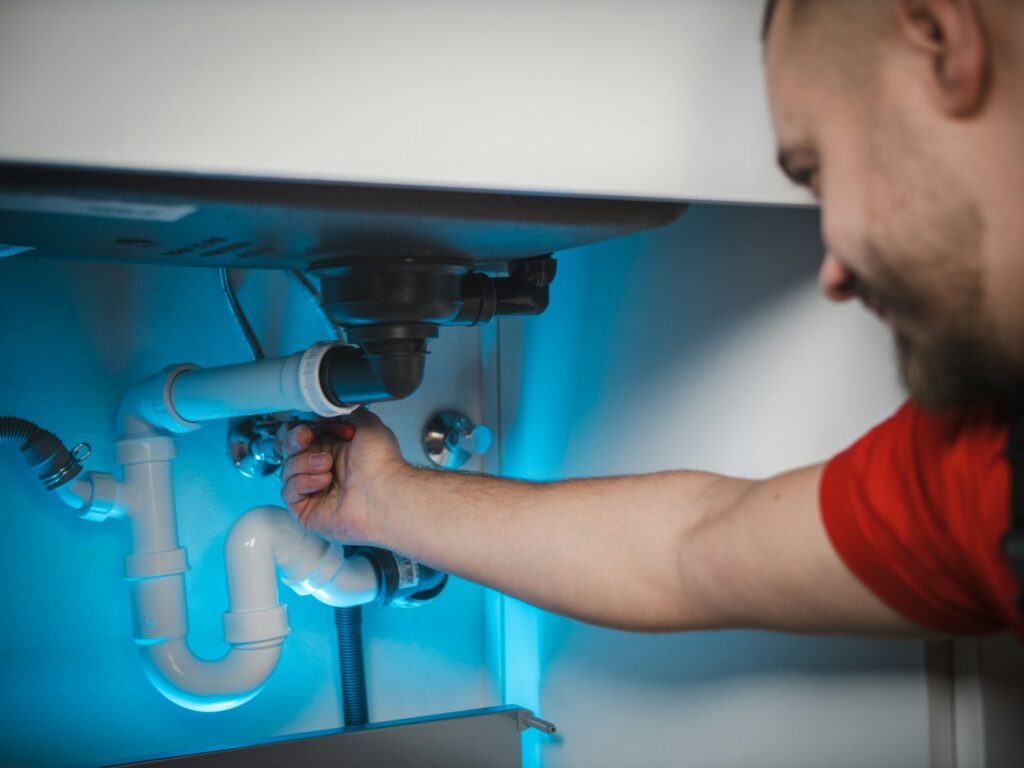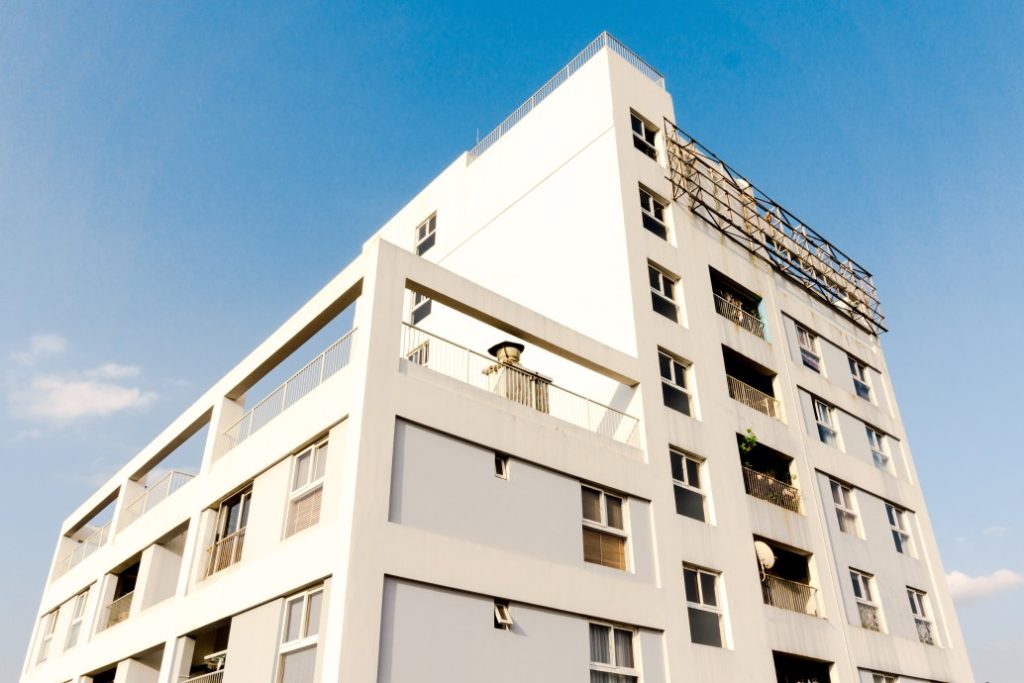Thinking about upgrading your central heating? Brace yourself.
In 2025, the cost of installing a new central heating system in the UK typically falls between £3,500 and £8,000. But that’s just the start.
Depending on your home, heating system, and location, and whether you’re switching to gas, electric, or going full renewable, the price can easily climb to £25,000 or more.
This guide walks you through everything you need to know: real-world costs by system type, what drives those costs up, government grants that could save you thousands, and when it might be smarter to sell your home instead of spending a fortune upgrading it.
Let’s break it down.
Average Central Heating System Costs in 2025
Gas Central Heating
Estimated cost for standard homes: £3,500-£8,000 (Larger homes: £9,000+)
Gas central heating systems are still the go-to choice for many UK homes. They’re efficient, cost-effective for now, and supported by a huge installer base.
But thanks to stricter efficiency regulations and the UK’s net-zero targets, the future of gas boilers is shifting. No outright ban is planned for 2025, but expect more focus on low-carbon alternatives over time, with a potential phase-out by 2035.
Still, if you’re replacing an old gas system like-for-like, a new combi boiler with 8-10 radiators in a 3-bed home will typically run you about £5,000, all-in. Need new pipework or a system conversion? Expect to pay £1,000-£2,000 more.
What’s included:
- Boiler unit (usually £600-£2,000 depending on size and brand)
- Radiators
- Thermostats and controls
- Pipework
- Labour and commissioning
Pro tip: Want to keep costs down? Stick with a like-for-like boiler replacement. A full system overhaul, such as switching from regular to combi, means ripping out tanks and cylinders, and your budget.
Oil-Fired Central Heating
Estimated cost: £4,000-£7,500
Oil-fired systems are typically found in rural homes that aren’t connected to the gas grid.
While oil offers decent heat output, it’s pricier to run and produces more carbon emissions than gas, so it’s not exactly future-proof.
You’ll need:
- An oil tank
- Boiler (including flue)
- Radiators
- Pipework and controls
Downside? Higher maintenance and servicing costs. Oil prices can fluctuate wildly.
Electric Central Heating
Estimated cost: £3,000-£6,000
Electric heating systems come in several forms: storage heaters, panel radiators, or full-blown electric boilers with wet systems. The upside is the simpler installation. No flues, no gas lines, no tanks.
But electricity costs about 3-4 times more per kWh than gas, which makes these systems expensive to run.
Ideal for small flats or off-grid properties, less so for large family homes with high heat demand.
Typical costs:
- Storage heaters: £2,000-£4,000
- Electric boiler + radiators: £3,500-£5,500
Still considering electric? Look into time-of-use tariffs like Economy 7 to cut running costs. Consider solar to subsidise your reliance on the the energy grid.
Renewable Heating Options
Here’s where things get steeper, but also greener.
Air Source Heat Pump (ASHP)
Installation cost: £8,000-£15,000 (Effective cost after grant: £500-£7,500)
ASHPs extract heat from outdoor air and are about 3 times more efficient than traditional boilers. That means lower running costs, especially when paired with underfloor heating or large radiators.
You may be able to claim up to £7,500 towards installation through the Boiler Upgrade Scheme.
Ground Source Heat Pump (GSHP)
Installation cost: £18,000-£50,000
A premium option with premium costs. GSHPs require underground loop systems, which means digging trenches or boreholes. Excellent efficiency and longevity, but not realistic for most urban homes.
Biomass Boilers
Installation cost: £12,000-£25,000
Uses wood pellets or logs. Cheaper than oil or electric to run, and supported by government grants. Needs regular maintenance and good storage space for the fuel pellets.
Key Factors Affecting Installation Cost
Even if you’re settled on a system type, the final price tag can still swing wildly depending on your property, location, and what you’re starting with. Here’s what really affects your bottom line:
Size and Age of the Property
Bigger house = more radiators = more cash.
A small 2-bed flat might only need 4-6 radiators. A large 4-bed detached? You’re looking at 10-14. Each radiator installed adds around £150-£250.
Older homes can be even pricier. Why?
- You may need to upgrade old pipework
- Floors may need lifting for access
- Insulation may be poor, meaning bigger output boilers and more radiators
And if you’ve got solid walls, old wiring, or asbestos lagging in the mix? Expect extra costs for safe removal or compliance work.
Boiler Type and Brand
Not all boilers are created equal.
Here’s a quick price comparison by type:
| Boiler Type | Typical Cost (Unit Only) |
| Combi Boiler | £600-£2,000 |
| System Boiler + Tank | £1,000-£2,500 |
| Heat-Only (Conventional) + Tank | £1,000-£2,500 |
| Premium Hybrid/Green Models | £2,500-£5,000+ |
High-end brands like Worcester Bosch, Vaillant, and Viessmann can easily add £500-£1,000 to the quote, but also come with longer warranties and higher efficiency ratings.
Labour and Location
Labour accounts for 20-30% of total costs, and this varies massively by region.
- London & South East: Typically 15-25% more expensive
- Rural areas: Higher call-out charges and fewer installers for oil/renewables
- Midlands/North: Generally more competitive rates
Pro tip: Ask for a quote that breaks down parts vs labour. It’ll help you compare apples to apples. Or better yet, order your boiler online separately and only pay a plumber to fit it.
Additional Work and Hidden Costs
Here’s where budgets often unravel.
You might see a quote for “£3,800”, but then:
- Old radiators are corroded and need replacing? +£1,000
- Thermostats or TRVs need upgrading? +£300
- Smart thermostat like Nest or Hive? +£250-£400
- New pipework or floor lifting? +£1,000-£2,000
- Removing tanks or cylinder? +£500+
- Disposal of asbestos insulation? That’s specialist work – £1,000-£3,000+
Bottom line: Always ask for a fixed quote with contingencies and confirm what’s included.
So, you’ve seen what heating systems cost, and what drives those costs up. But the big question is:
Does upgrading your heating system actually add value to your home?
Let’s tackle that next.
Do Central Heating Systems Add Value to a Home?
Short answer: Yes, but it depends.
Installing a new central heating system can boost your property’s value by up to £8,000, especially in homes that are:
- Older or poorly heated
- Off-grid or relying on outdated systems
- Going to market soon and need to appeal to energy-conscious buyers
Why Buyers Care About Heating
- Mortgageability: Lenders often require a home to have a working, modern heating system before approving loans.
- Energy bills: Buyers are more cautious than ever about future running costs.
- Perception of “ready to move in”: A shiny new boiler and efficient system equals fewer headaches for the next owner.
When It Matters Most
- Unheated homes or homes with old G-rated boilers: These often struggle to sell at market price.
- Rental properties: Landlords face pressure from Minimum Energy Efficiency Standards (MEES). Properties rated below EPC band E can’t be let since 2020, with consultations ongoing to raise this to band C by 2030.
- Inherited homes or probate sales: Buyers typically expect dated systems, but a new heating setup can help the property stand out.
But here’s the twist.
If you’re planning to sell the property anyway, especially in the next 6-12 months, installing a new heating system might not be worth the cost.
In many cases, it makes more financial sense to sell at a slight discount and avoid the hassle, cost, and delays of upgrading entirely.
Let’s explore that option next.
Government Grants and Funding in 2025
Before you shell out your savings, it’s worth checking whether you qualify for help.
Here are the key schemes running in 2025:
Boiler Upgrade Scheme (BUS)
- Up to £7,500 available for installing heat pumps (air or ground source).
- Up to £7,500 for biomass boilers (for properties not heated by mains gas).
- Home must have a valid EPC and no outstanding cavity or loft insulation recommendations.
- Must replace a fossil fuel system (gas, oil, electric, LPG).
What’s covered:
- Air Source Heat Pump
- Ground Source Heat Pump
- Biomass Boilers (for properties not heated by mains gas)
You’ll need to apply through an MCS-certified installer, who will manage the paperwork on your behalf. For full details, see the Boiler Upgrade Scheme guidance.
ECO4 Scheme
Targeted at low-income households and those in fuel poverty. Eligibility often depends on receiving benefits like Universal Credit, and homes with EPC ratings D-G.
Covers a wider range of energy efficiency upgrades, including:
- Central heating systems
- Loft and wall insulation
- Heating controls
- Renewable energy like solar panels
Check your eligibility via the Energy Saving Trust.
Local Authority Grants
Some councils offer top-up schemes for:
- Renewables
- Insulation
- First-time central heating
The Warm Homes:
Local Grant launched in 2025 provides up to £30,000 for energy upgrades in low-income homes across England. Your household income must usually be £36,000 a year or less, or you might qualify if you live in a deprived postcode or receive certain benefits.
Pro tip: Most grants don’t cover the full cost, but they can cut a £12,000 installation down to £4,500 or less.
Next up: What if replacing your heating system doesn’t make sense? What if selling instead is your smartest move?
Running Costs: What You’ll Pay to Keep Warm
Gas systems typically cost £620-£1,260 a year to run for an average home, at around 7p per kWh.
Electric? Expect £1,500-£2,500 annually, since electricity hits 25p per kWh.
Oil fluctuates, but averages £1,100-£1,883 yearly.
Renewables shine here: Heat pumps can run for £750-£1,000 with their high efficiency, especially if you pair them with solar panels.
Pro tip: Your home’s insulation makes a big difference. A poorly insulated property means higher bills, no matter the system. Consider an EPC check to identify improvements.
Hybrid Heating: A Bridge to the Future
Considering a mix? Hybrid systems combine a gas boiler with a heat pump for efficiency without full commitment.
These setups switch between fuels based on demand or tariffs, cutting emissions while keeping costs manageable.
Installation: £5,000-£12,000, often eligible for BUS grants.
Ideal if you’re not ready for full renewables but want greener heating now. Check with installers for compatibility.
Alternatives to Replacing Your Heating System
Installing a new central heating system can be a wise move, if you’re staying in the property long-term.
But if you’re not? You could be throwing good money after bad.
Here are two options to consider:
1. Repairing Instead of Replacing
Before splashing out £5,000-£15,000, ask a heating engineer whether a few basic fixes could buy you another few years.
Typical small fixes that extend a boiler’s life:
- Replacing the pump: £200-£400
- New thermostat or TRVs: £150-£300
- Powerflushing the system: £400-£700
- Fixing pressure loss or leaky valves: £100-£300
Result? A functioning system for 3-5 more years, without the full upgrade cost.
This is a smart option if:
- You’re planning to sell in a few years
- Your boiler is under 10 years old but glitchy
- You don’t want to break the bank during a cost-of-living squeeze
2. Selling the Property Instead of Upgrading
Now here’s the option most people don’t consider, but should.
If your home needs a full heating upgrade AND:
- You’ve inherited it and don’t plan to live there
- You’re a landlord tired of costly compliance
- You want to sell now
…it may make far more financial sense to sell quickly, as-is, and avoid the expense altogether.
Why?
Because spending £8,000-£25,000 on a new system doesn’t always increase the property’s value by the same amount. Most buyers will factor in old heating in their offer anyway and expect a discount.
How Property Rescue Helps
If you’re staring down the barrel of a £10,000+ heating system replacement operation, and selling is already on your radar, don’t pour more money into the property.
Instead, let’s talk solutions.
At Property Rescue, we buy homes in any condition, including those with:
- Broken or outdated central heating systems
- No heating at all
- Unfinished or failed upgrades
- Properties that fail EPC or boiler inspections
- Homes where heating is oil, electric, or completely off-grid
You won’t need to:
- Pay for a new boiler or pipework
- Install radiators or smart controls
- Worry about EPC ratings or MEES compliance
- Wait weeks for tradespeople or manage material deliveries
We’ll make you a cash offer, today. No strings, no obligations.
Here’s How It Works:
- Get in Touch
Fill in a short form online. It takes less than a minute.
- Get an Offer
We’ll make you a provisional, no-obligation cash offer in hours.
- Complete in Days
We can complete in as little as 7 days, with all legal fees covered.
- No Fees, No Repairs, No Chains
We handle everything. You walk away with cash in the bank.
Ideal For:
- Inherited homes that need full heating upgrades
- Landlords stuck with unlettable properties
- Downsizers who don’t want to invest another penny
- Stressed-out homeowners who just want out

